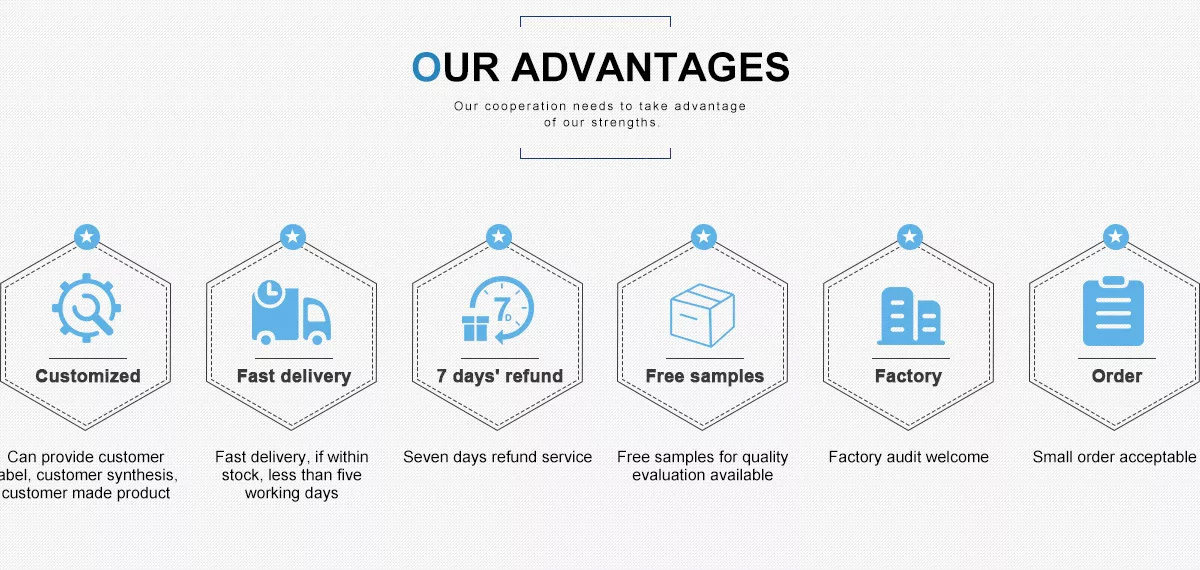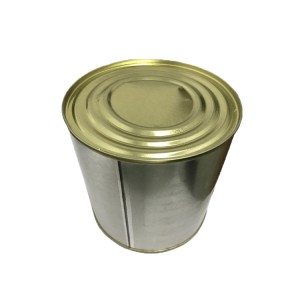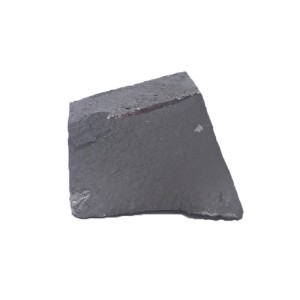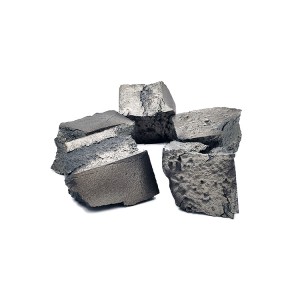Brief introduction
Product name: Neodymium
Formula: Nd
CAS No.: 7440-00-8
Molecular Weight: 144.24
Density: 7.003 g/mL at 25 °C
Melting point: 1021 °C
Shape: Silvery lump pieces, ingots, rod, foil, wire, etc.
Package: 50kg/drum or as you required
| Product Code | 6064 | 6065 | 6067 |
| Grade | 99.95% | 99.9% | 99% |
| CHEMICAL COMPOSITION | |||
| Nd/TREM (% min.) | 99.95 | 99.9 | 99 |
| TREM (% min.) | 99.5 | 99.5 | 99 |
| Rare Earth Impurities | % max. | % max. | % max. |
| La/TREM Ce/TREM Pr/TREM Sm/TREM Eu/TREM Gd/TREM Y/TREM |
0.02 0.02 0.05 0.01 0.005 0.005 0.01 |
0.03 0.03 0.2 0.03 0.01 0.01 0.01 |
0.05 0.05 0.5 0.05 0.05 0.05 0.05 |
| Non-Rare Earth Impurities | % max. | % max. | % max. |
| Fe Si Ca Al Mg Mn Mo O C |
0.1 0.02 0.01 0.02 0.01 0.03 0.03 0.03 0.03 |
0.2 0.03 0.01 0.04 0.01 0.03 0.035 0.05 0.03 |
0.25 0.05 0.03 0.05 0.03 0.05 0.05 0.05 0.03 |
- Permanent magnets: Neodymium is best known for its role in the production of neodymium iron boron (NdFeB) magnets, which are among the strongest permanent magnets currently available. These magnets are used in a variety of applications, including electric motors, generators, hard drives, and magnetic resonance imaging (MRI) machines. Their high magnetic strength and compact size make them an essential material in modern technology, especially in energy-efficient devices.
- Lasers: Neodymium is used in solid-state lasers, such as neodymium-doped yttrium aluminum garnet (Nd:YAG) lasers. These lasers are widely used in medical applications, including laser surgery and cosmetic procedures, as well as industrial applications for cutting and welding materials. The efficiency and versatility of neodymium lasers make them valuable tools in a variety of fields.
- Alloying agent: Neodymium is used as an alloying agent in various metals to improve their mechanical properties and corrosion resistance. It is often added to aluminum and magnesium alloys to increase their strength and durability. These neodymium-containing alloys are used in aerospace, automotive, and military applications where performance and reliability are critical.
- Glass and Ceramics: Neodymium compounds are used to produce specialty glass and ceramics. Neodymium oxide (Nd2O3) is used to create glass with unique optical properties, such as color-changing effects and improved clarity. This application is particularly valuable in the manufacture of high-quality optical devices, including lenses and filters.
-
Barium metal granules | Ba pellets | CAS 7440-3...
-
Carbonate Lanthanum Cerium best price LaCe(CO3)2
-
FeMnCoCr | HEA powder | High entropy alloy | fa...
-
Yttrium metal | Y ingots | CAS 7440-65-5 | Rare...
-
Dysprosium metal | Dy ingots | CAS 7429-91-6 | ...
-
Holmium metal | Ho ingots | CAS 7440-60-0 | Rar...







